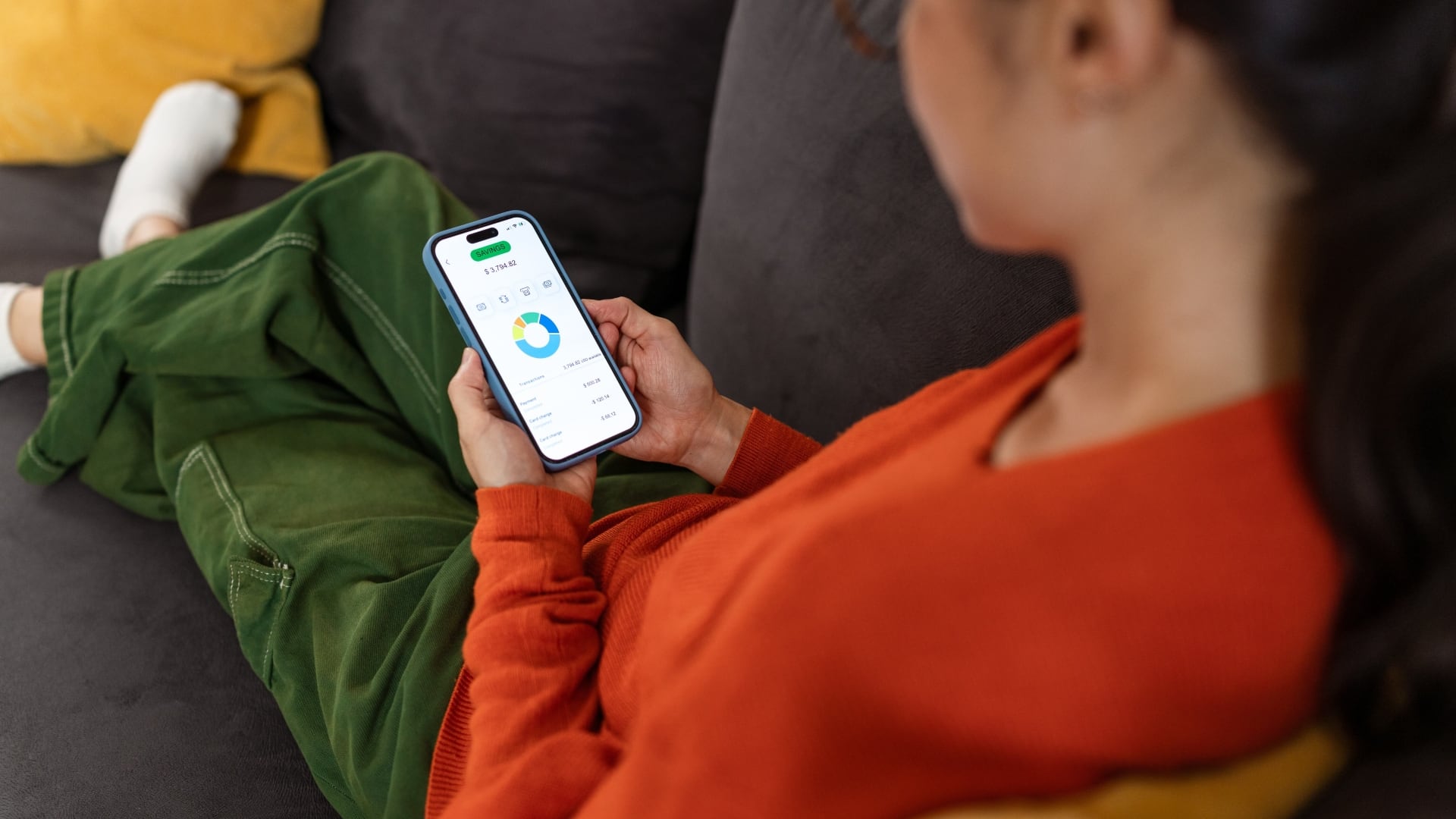*By Alex Heath* Despite a firestorm of privacy scandals that have engulfed the company over the past year, Facebook wants to put its own smart speaker in your home. Called Portal and Portal+, the two devices are geared towards video calling and feature A.I. technology that can automatically follow a person as they move throughout a room and remove unwanted background noise during a call. Portal features a 10-inch display and costs $199, while Portal+ features a larger 15-inch pivoting display and costs $349. Both devices are available for preorder online in the US through Facebook ($FB), Amazon ($AMZN), and Best Buy ($BBY). They will begin shipping in November. Portal represents Facebook’s first serious foray into selling consumer hardware outside of its virtual reality brand Oculus, which it acquired for $2 billion in 2014. The only other time Facebook tried to sell hardware was in 2013, when it built the software for a custom HTC phone that flopped. Facebook’s release of Portal comes at a time when the social network is under intense scrutiny around the world. The company is still dealing with the fallout of Cambridge Analytica scandal, in which a British firm harvested Facebook user data to aid the Trump U.S. presidential campaign. And Facebook recently disclosed its largest data breach ever, affecting more than 50 million users. To help assuage privacy concerns, Facebook developed a physical privacy shutter that can be placed over Portal’s wide-angle camera. Both devices also feature a button that turns their cameras physically off. Portal uses Facebook Messenger to make video calls, which the company says are encrypted. Portal supports Amazon’s Alexa voice assistant and will be sold through Amazon’s website and in some of its physical stores, representing Facebook’s first major partnership with Amazon. Select content partners like Spotify ($SPOT), Pandora ($P), Food Network, and Newsy are integrated into the devices at launch, with plans to add more services over time. While Portal will be seen by many as a direct competitor to other smart assistant devices, particularly Amazon’s screen-equipped Echo Show, Facebook is pitching the device as mainly a way to stay connected with friends and family. “We felt that there was quite a bit we can contribute on the depth dimension, particularly if we focus on the people who are closest to you,” Rafa Camargo, Facebook’s vice president of Portal, told Cheddar in an interview. The smart speaker market is booming, with [estimates saying](https://www.canalys.com/newsroom/global-smart-speaker-shipments-grew-187-year-on-year-in-q2-2018-with-china-the-fastest-growing-market) that 16.8 million devices were shipped last quarter, up 187% from the previous year. Facebook is late to enter a crowded space already dominated by Amazon's Echo and Google Home. Portal lets users place Facebook’s augmented reality camera effects, like those found in Instagram, over their faces during video calls. One feature designed for parents and their kids is a virtual storybook that surrounds a person with special effects that match the story being told. While the contents of Portal video calls are encrypted, Facebook does collect call logs from the device. The device only sends voice commands to Facebook’s servers after the words “Hey, Portal” are said, according to Camargo. Those commands could eventually be used to better inform Facebook’s ad business. But for now, voice controls are limited to simple commands like placing calls and opening apps. Facebook won't make a profit from selling Portal or Portal+ at their current price points, according to a person familiar with the business. But the devices could boost engagement with Facebook’s services — Facebook’s YouTube competitor, Watch, is featured on the devices —and provide a gateway into its users’ homes. Camargo told Cheddar that the devices' success will be measured internally by how much “engagement” they create with Facebook’s video calling and other services. “Our platform is about helping you connect with people,” Camargo said. “So in that sense, I think we're making our platform better. And we have a healthy business model. It’s more about giving you more value for our platform.”












